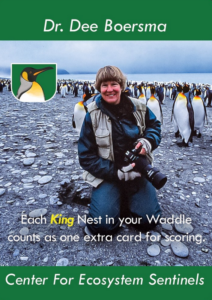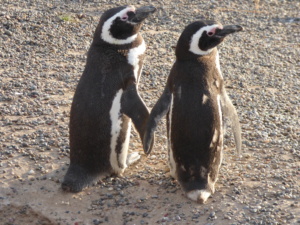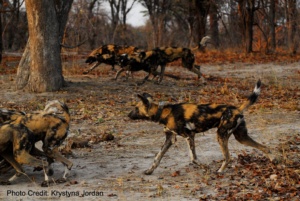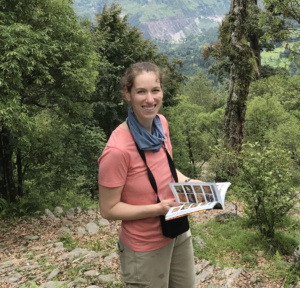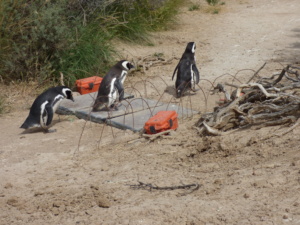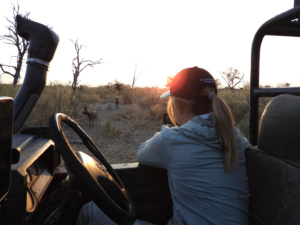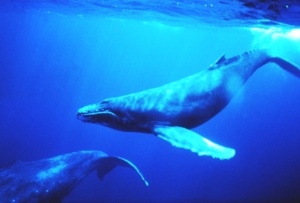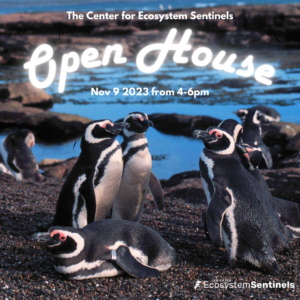Dr. Dee Boersma will be a playable character in new board game Waddle Waddle
That’s right- Dee will be featured in a board game! Joining her are Dr. Pablo “Popi” Boroboroglu, Dr. Heather Lynch, Dr. Lloyd Spencer Davis, Dylan deNapoli, and Dr. Katrin Ludynia. Get a $5 discount on your own copy of Waddle Waddle by signing up for updates on their GameFound site. Here’s what Brush-Tail Games said about adding Dee to the […]
Dr. Dee Boersma will be a playable character in new board game Waddle Waddle Read More »
